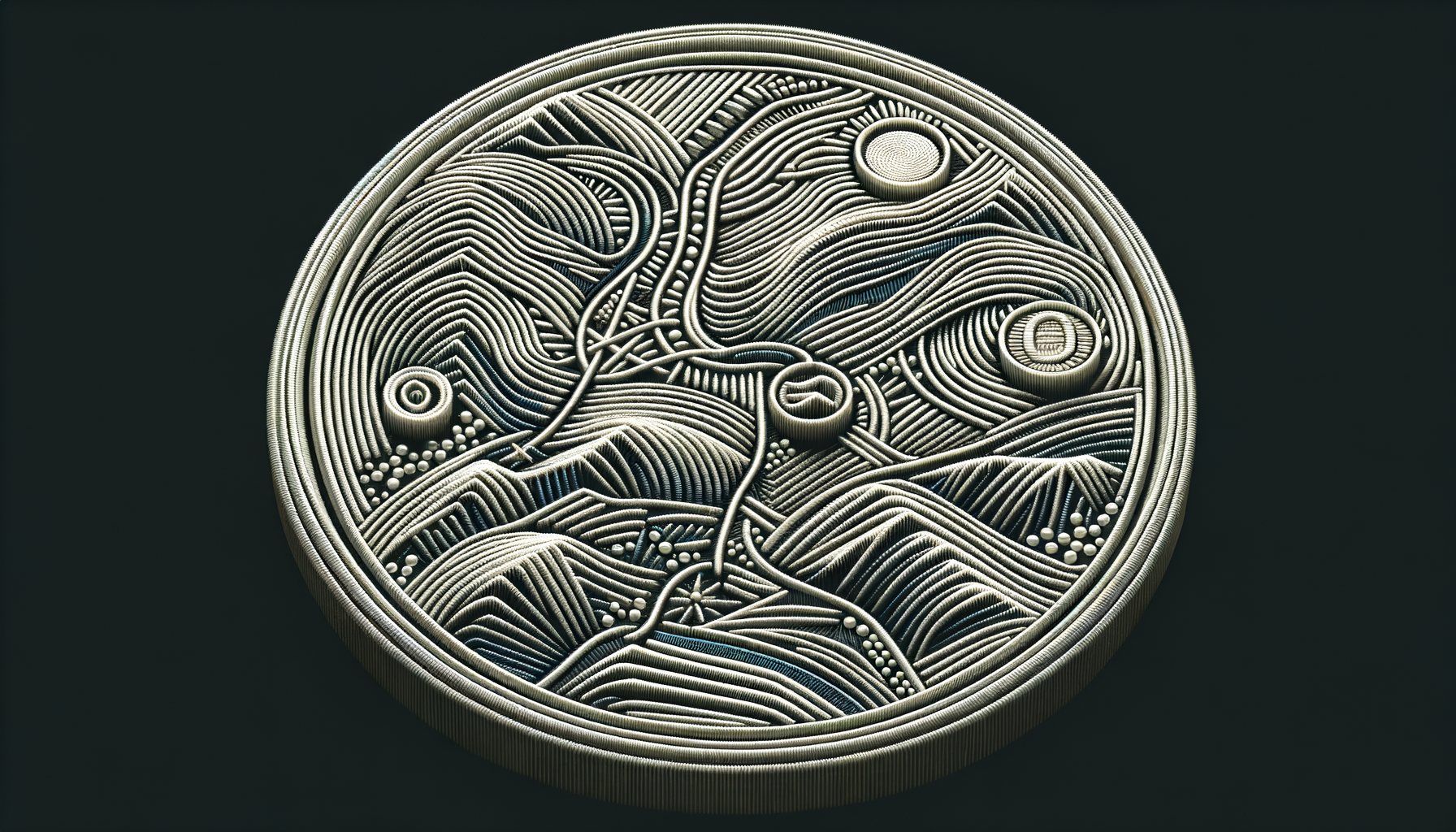“Do you even like it?” That’s the question my mom asked me on one of those crimson-and-cobalt sunsets back in Coeur d’Alene, as we dragged paddleboards from the lake. She wasn’t asking about my freshly purchased, vintage-esque fleece jacket. She was asking about my name.
Miles Avery Townsend.
A name, I once thought, that sounded like I should’ve been a turn-of-the-century explorer—charting the Yukon, a pipe clenched between my teeth, loyal dog in tow. Instead, my name was inherited twofold: “Avery” from my mom’s favorite literary character (a nod to the book nerd gene that courses through my bloodline) and “Miles” from, well...a quirk of chance. “It just felt nice,” my parents admitted later. Felt nice. No pressure there.
And yet, names are peculiar when it comes to how they tether to identity. In public, I’m Avery—it’s warm, gender-neutral, and flows in a way that prompts people to say, “Oh, I like that name,” as if it’s hand-carved from driftwood. At home, I’m Miles—a name that feels different, earthier, and nostalgic, steeped in familial ties and stories of a gangly kid who skated on thin ice too many winters in a row.
Turns out, there’s a lot to unpack here. Let’s take a closer look.
What’s in a Name?
Your identity as a mixtape
Names are like dating profiles, in a way: they’re the first thing people notice, the opener to your self-presentation (whether you like it or not). My name conjures up adventure and latte artistry, or so I hope. But when you think about it, your name is the single descriptor you didn’t choose for yourself—it was bestowed like a birthday sweater by well-meaning loved ones (and let’s face it, sometimes returns aren’t an option).
When you meet someone with an unforgettable name, there's a sense it must tell a story. Olivia? Sounds poetic. Dashawn? Probably good at karaoke. Eugene? Excellent probability they own a garden gnome. Names contain subtleties that radiate identity. But more than that, they hold the seeds of how the world receives you—first impressions tethered to soundbites. Cool, right? Terrifying, also yes!
Identity: A Tug-of-War with Your Name
Much like the time a tourist called me “Aubrey” at the resort I grew up on (close-but-wrong names are always a rite of passage), your name can sometimes feel out of sync with who you are. Growing up, I sometimes wondered if Avery suited me. After all, I buzzed between lake life and bookish introversion, often outfitted in a uniform of denim jackets, boots, and whatever REI decided was trendy. Avery sounded polished. Miles sounded...rugged. Like someone who confidently fixed bikes.
Our cultural obsession with names isn’t new. From Starbucks baristas fumbling “Rachel” into “Ray-shell” to the cherished ritual of googling baby names with meanings (pro-tip: “Miles” means soldier apparently, which is ironic for someone terrified of geese), names linger at identity’s edge—half the equation, half the mystery. Sometimes they amplify who you are. Other times, they may feel entirely transactional—handy in email sign-offs, less useful in poetry readings.
Still, names (and nicknames) start to soak into you, like personality seasoning over time. For instance, I’m “Ave” to my friends—quick and clipped, like a punchline you were slightly too late to catch. Growing close to a name doesn’t happen overnight—it sneaks up on you, or maybe, grows down like roots.
How Does Your Name Show Up in Your Relationships?
Spoiler: It’s everywhere.
Ever dated someone whose name completely threw you off kilter? A Kelsey when you’ve always imagined yourself with a Sienna? A Hank when you pictured a Jude? Names, let’s admit it, carry associations—good and bad. It’s hard not to think back on that Emily or the Derek, people long gone but forever archived in relationship lore. Your crush might be objectively great...but with the same name as your ex, it adds a tricky subplot.
Naming conventions in relationships get layered quickly. Maybe one half of the couple feels an almost visceral pride in the sound of their partner’s name. Or maybe they ~casually~ tackle the dilemma of what to call each other in public. Babe? Sweetie? Sugar pie cheeks?! (Okay, not that last one...I hope). Either way, these little identity-bound slip-ups can shape everything from the first “hello” to the final breakup playlist.
And let’s talk nicknames, because nothing declares intimacy like the day your name gets shortened into oblivion. Dating someone who calls you “Jay” when your name is Julia? That’s trust. But it’s also a test drive. Can you live with new syllables wrapped around your core essence?
Hot take: the meaning of your name grows when it’s spoken by people you care about. It becomes elastic, rolling through laughter and slower, softer moments dissolved in candle-light.
Lessons in (Name) Ownership
So, how do we reclaim our names in an era when identity feels so tangled with first impressions? These musings may help:
-
Lean into the Story:
Whether your name’s Jane or Jupiter, own it. Want people to see it differently? Share the history behind it. “Avery” might mean ruler of elves (look it up), but in my world, I tell my version of its outdoor, lakeside-cabin energy. -
Detangle History from Present:
Don’t let a name’s past chain you—or your current relationships. Sure, you once dated an Alex who lived exclusively on breakfast burritos and bad choices. Doesn’t mean this Alex isn’t a gem. -
Consider Reinvention:
If your name doesn’t click, nicknames (or indeed, entirely new names!) are fair game. It’s part of your slate-cleaning journey. No rule says you have to stick with Bethany if B is more your vibe. -
Reflect The Mirage:
Names are mirrors—reflecting something primal back at others. Think about whether the name people call you (pet names, given names, etc.) aligns with how you feel. If not? Talk it through.
The Miles to Go
If I’ve learned anything during twilight lakeside evenings and urban coffee shop mornings, it’s this: your name is a tool, not a limit. It evolves as you do, a passenger on your journey. Whether you’re Miles, Avery, or something entirely else, how your name settles into your identity says less about what it means—and more about who you’ve become, proudly or reluctantly, on the road to yourself.
So yes, Mom, I do like my name—both of them, even. And yes, they’ve still got a lot of metaphorical trail miles to hike, campfires to light, and north stars to find. But one thing feels certain: my name is definitely mine, and I get to decide what kind of map it draws.




















